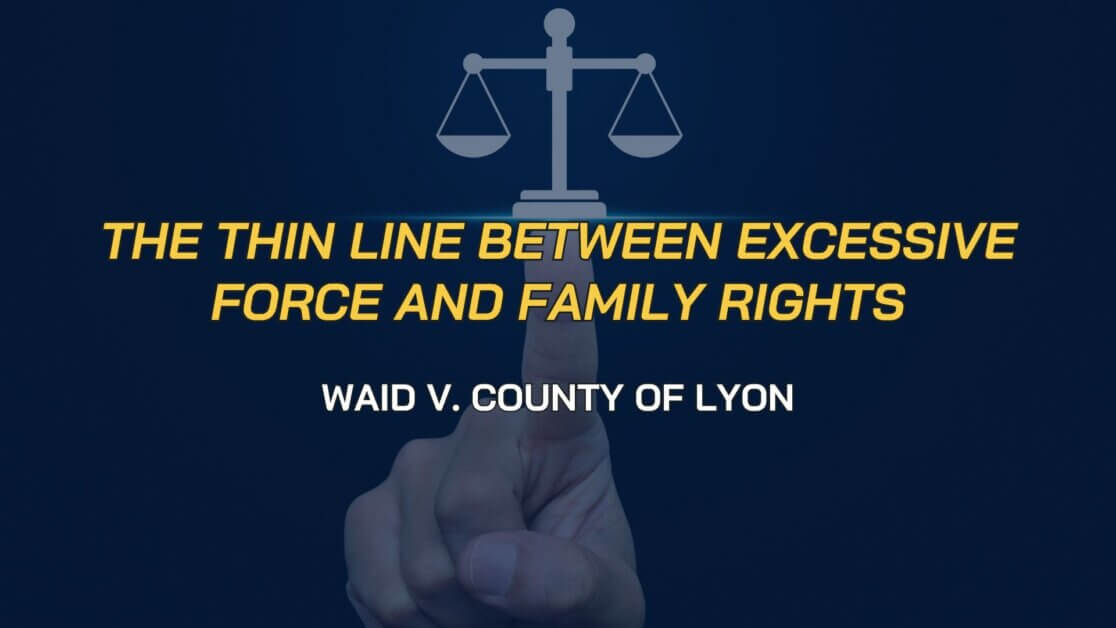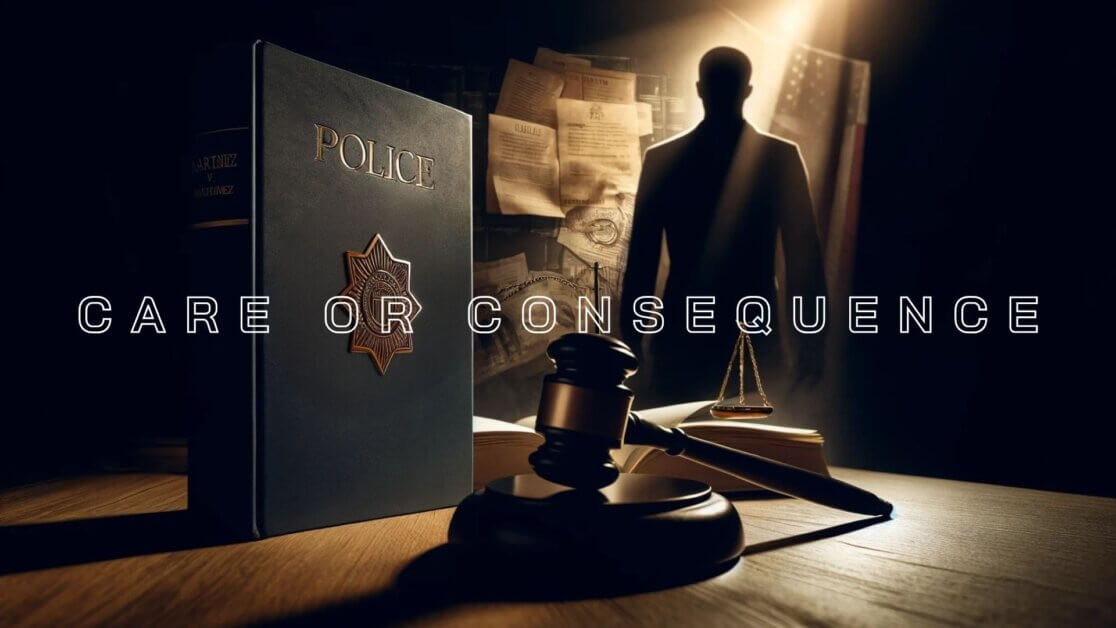The Court of Appeals for the Sixth Circuit issued a decision in United States v. Woolridge, a case that addresses the issue of voluntary confessions and the application of Miranda warnings1. The decision by the Sixth Circuit emphasizes the primacy of the Fifth Amendment in safeguarding suspects’ rights during officer interactions with detainees.
Joshua Woolridge, the defendant in the case, was charged under 18 U.S.C. § 922(g) as a felon in possession of a firearm. Following his arrest by Officer Collins, Woolridge made several spontaneous confessions, both before and after Officer Collins administered Miranda rights.
The defendant moved to suppress the statements he made to the police before receiving Miranda warnings but did not argue that the post-warning statements violated Miranda. Upon hearing the case, the district court suppressed Woolridge’s statements made to Officer Collins before receiving Miranda warnings. However, the court found that Woolridge’s post-Miranda statements were admissible.
Woolridge appealed this decision, contending that his post-Miranda statements should also have been suppressed. The Sixth Circuit affirmed the lower court’s decision and found that Woolridge’s post-Miranda statements were admissible.
On appeal to the Sixth Circuit, Woolridge contended that his post-Miranda statements also warranted suppression. The Sixth Circuit disagreed and affirmed the lower court’s decision, deeming his post-Miranda statements admissible.
The crux of the case lies in whether Woolridge’s confessions were made voluntarily and hence whether they should be admissible as evidence in court.
Joshua Woolridge was apprehended in an Akron neighborhood after attempting to evade Officer Brandon Collins, who was involved in an active search for a fugitive in the area. The arrest sequence involved Woolridge discarding objects while fleeing and his eventual capture a short distance away from the discarded items.
Upon capture, Woolridge quickly initiated communication with Officer Collins, revealing that a warrant was out for his arrest and acknowledging his violation of parole. As Officer Collins conducted a search of Woolridge’s person, Woolridge attempted to offer additional information, but Collins asked him to wait.
As their interaction continued, Officer Collins queried Woolridge about the legality of the items he had discarded while fleeing. Woolridge initially denied any illegal items but then confessed to possessing a firearm, leading to the discovery of the weapon based on the information provided by Woolridge. Despite his detainment and the discovery of the gun, Woolridge continued his dialogue with Officer Collins, expressing a desire to explain why he was carrying the firearm.
Officer Collins intended to provide Woolridge with his Miranda warnings but was interrupted by Woolridge, who claimed to already know his rights. Nonetheless, Officer Collins proceeded with the Miranda warnings, after which Woolridge acknowledged his understanding of them. Following this, Collins invited Woolridge to explain his reason for carrying the gun, to which Woolridge responded by attributing his possession of the firearm to his brother’s murder. However, he clarified that he had no intention of causing harm to anyone.
This narrative formed the backdrop for the court case US v. Woolridge (64 F.4th 757, 6th Cir. 2023), in which the admissibility of both the pre- and post-Miranda statements made by Woolridge was evaluated by the court.
Analysis and Implication
Upon examination of the facts, the Sixth Circuit upheld the District Court’s ruling. In its analysis, the Court underscored Woolridge’s voluntary engagement with Officer Collins, his eagerness to volunteer information, and the absence of any coercion or pressure from Officer Collins as key factors that demonstrated the voluntary nature of Woolridge’s post-Miranda statements.
It’s pertinent to note that Woolridge initiated the dialogue with Officer Collins at the time of detainment, revealing a warrant out for his arrest and a violation of his parole. Further, without any prompting from Officer Collins, Woolridge voluntarily disclosed that he had been carrying a firearm. This admission led to the discovery of the weapon.
Officer Collins’ behavior throughout the interaction was notably non-coercive. Despite Woolridge’s repeated attempts to share more information, Officer Collins did not exploit these opportunities to extract information but rather maintained an impartial stance. In fact, the Officer went ahead to read Woolridge his Miranda rights even when Woolridge interjected, claiming he knew his rights.
In analyzing the application of the Miranda warnings, the Sixth Circuit drew upon precedents set in Miranda v. Arizona, Oregon v. Elstad, and Missouri v. Seibert. However, it pointedly distanced the circumstances of Woolridge’s case from those in Missouri v. Seibert. Unlike in Seibert, where officers deliberately extracted a confession before administering Miranda warnings, Officer Collins did not employ any such undermining tactics.
In writing this opinion, the court took the opportunity to emphasize a key distinction between the pre-Miranda and post-Miranda periods. There was a fifteen-minute gap between Woolridge’s pre-Miranda admission of possessing a firearm and his post-Miranda explanations. This gap, coupled with the fact that the focus of questioning shifted from the location of the gun to the consequences of possession post-discovery, provided Woolridge with ample opportunity and a distinct context to decide whether to speak further.
Conclusion
The Sixth Circuit’s affirmation of the District Court’s decision underscores the fundamental principle that voluntary, post-Miranda statements are admissible in court. It further serves as a reminder of the duty law enforcement officers have in correctly administering Miranda warnings, upholding the sanctity of the Fifth Amendment.
- United States v. Woolridge, 64 F.4th 757 (6th Cir. 2023)



